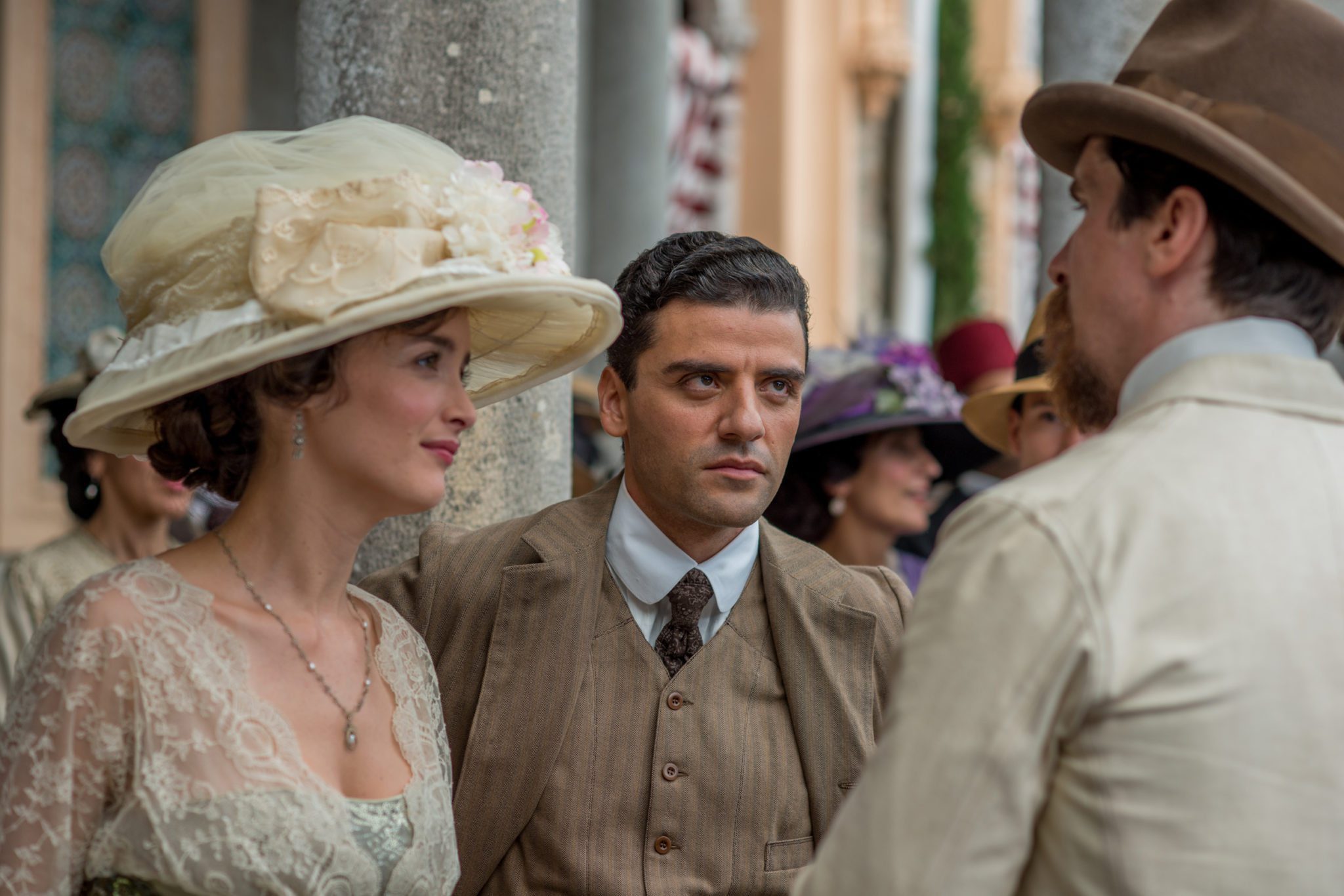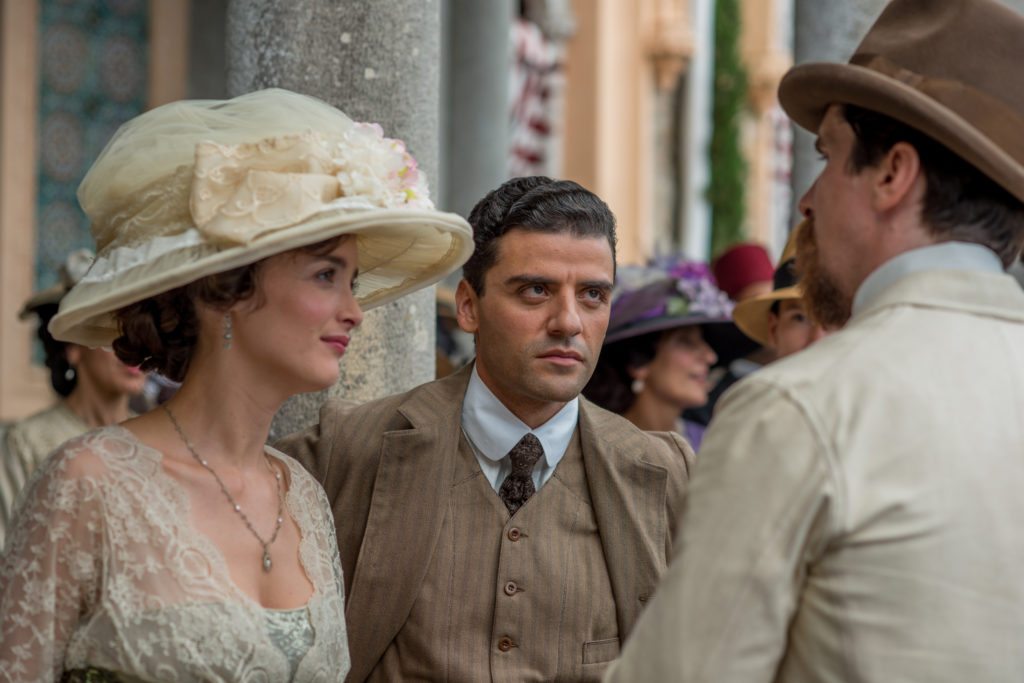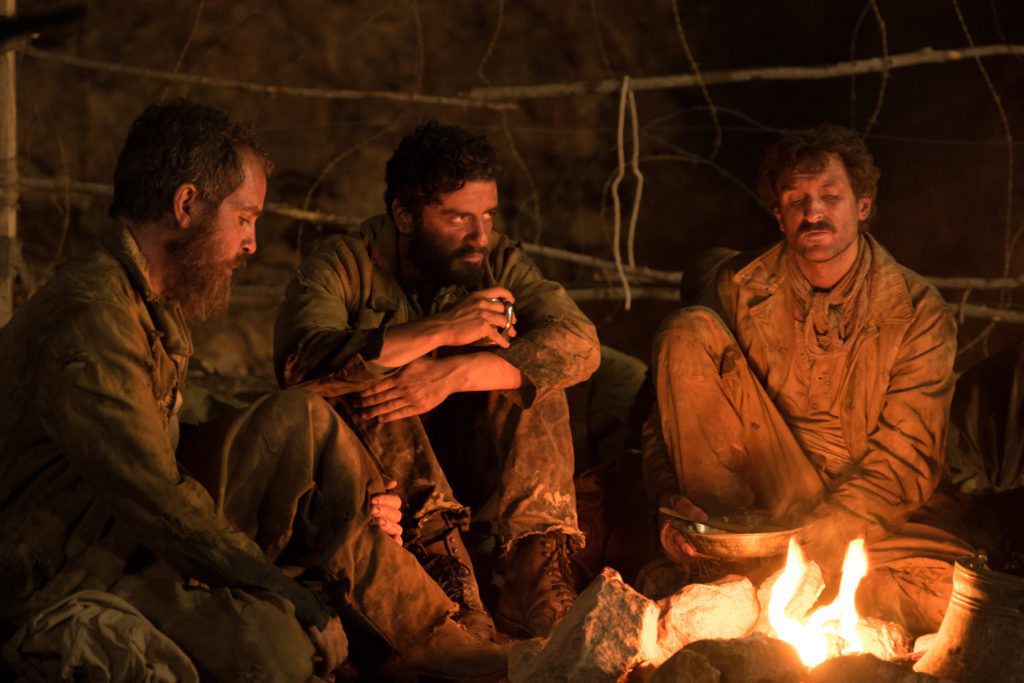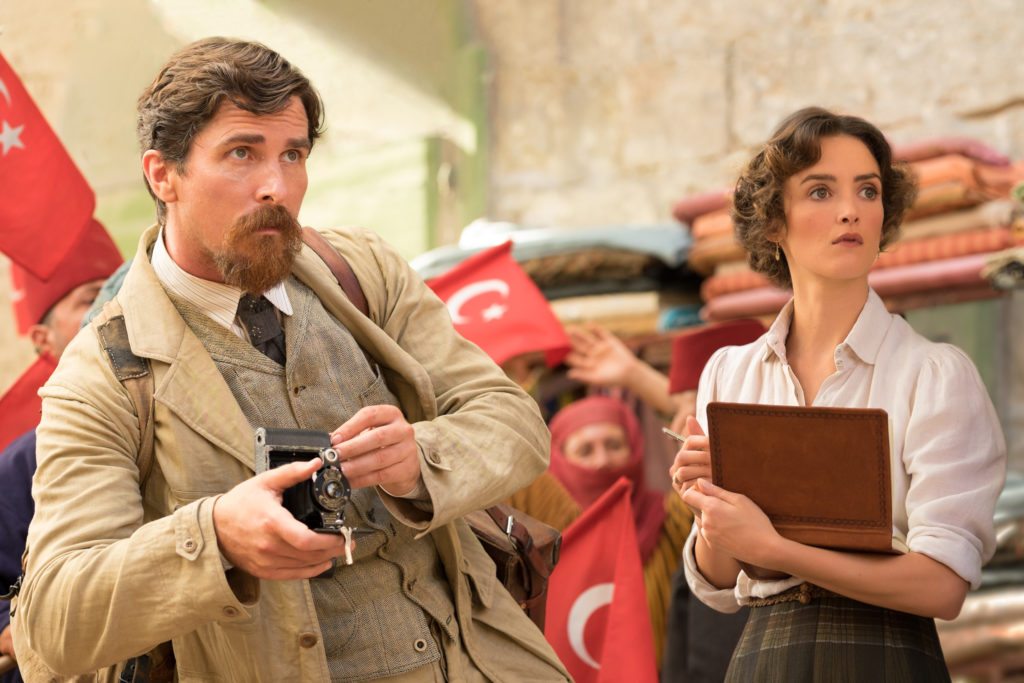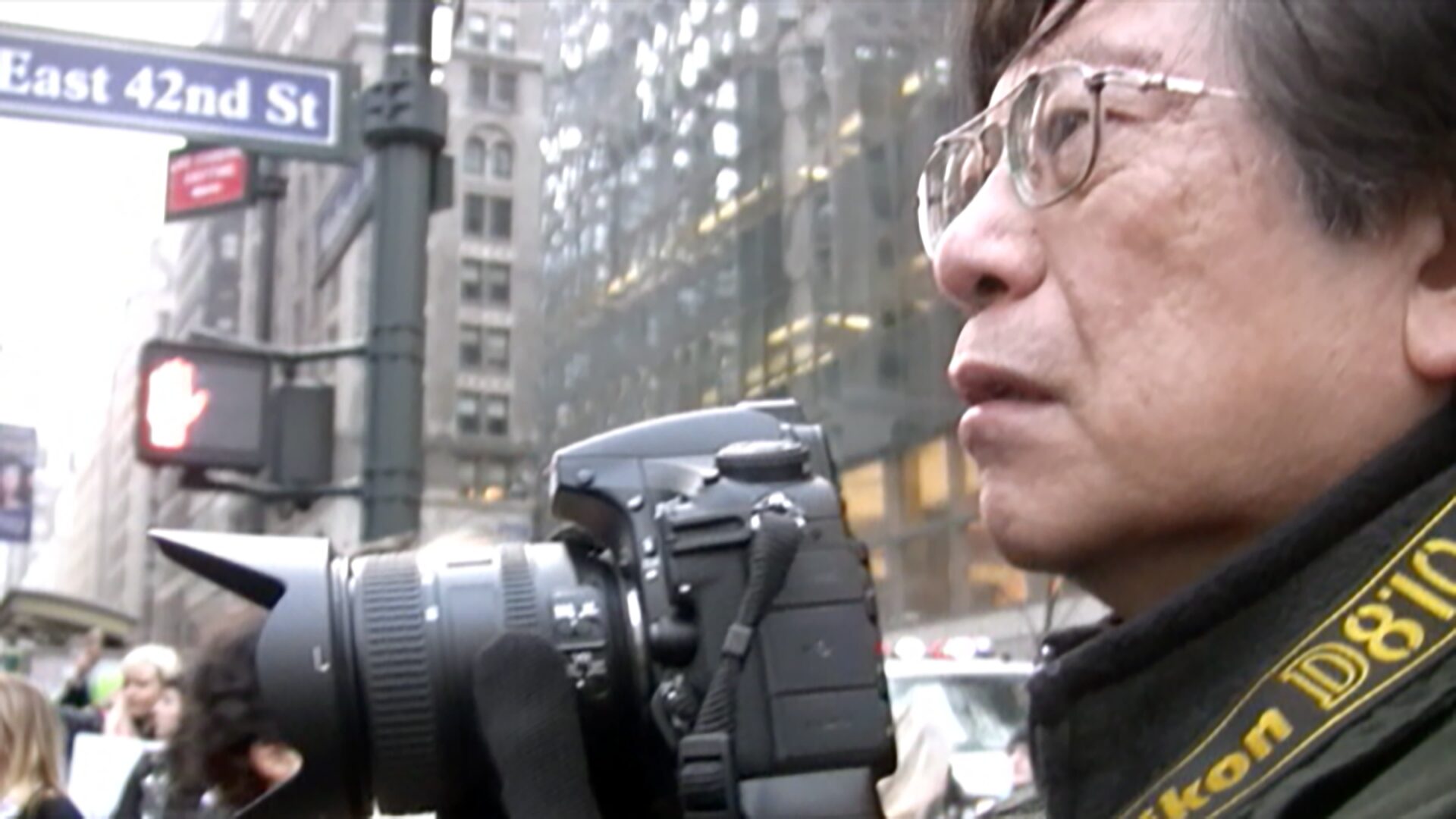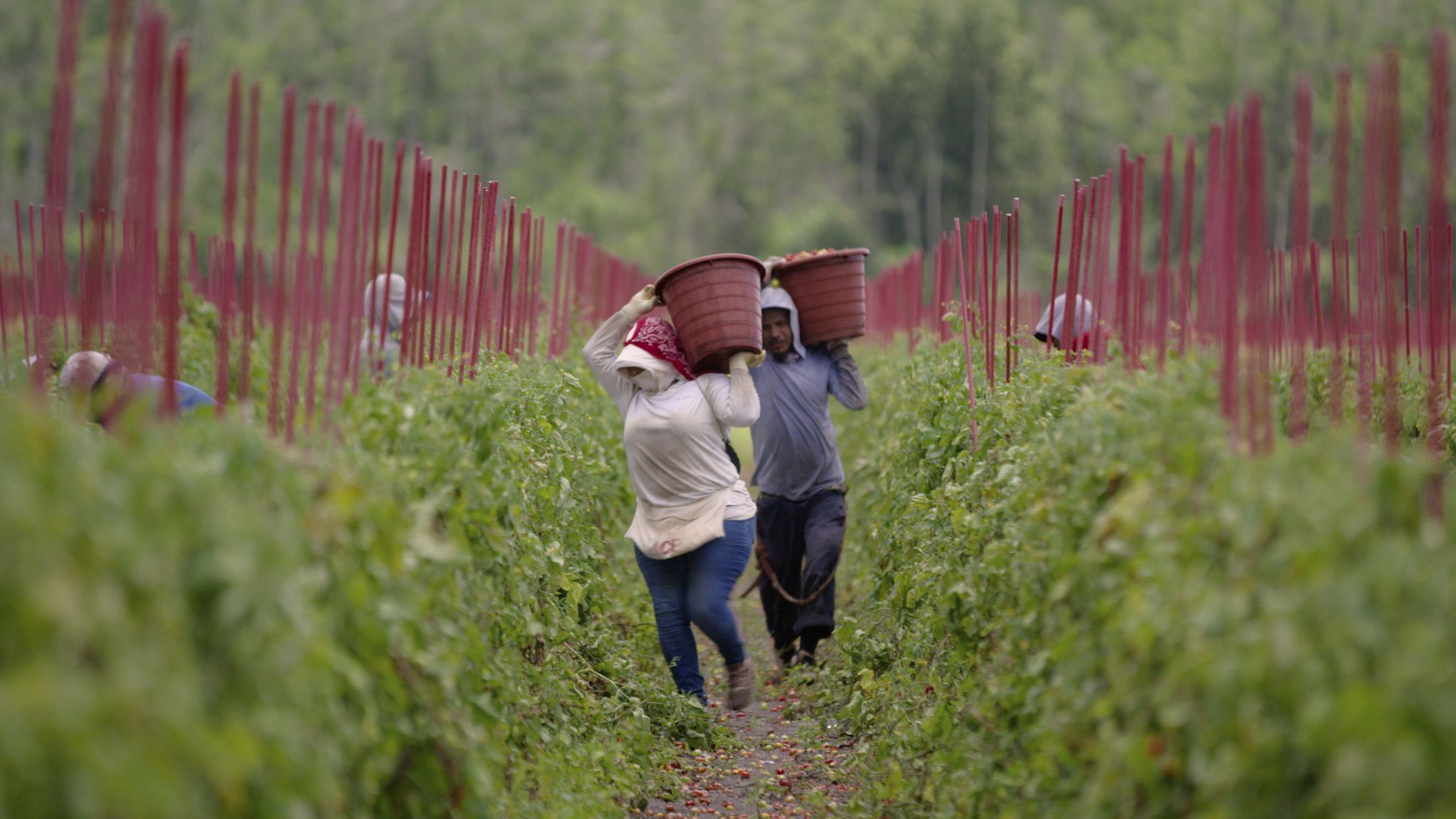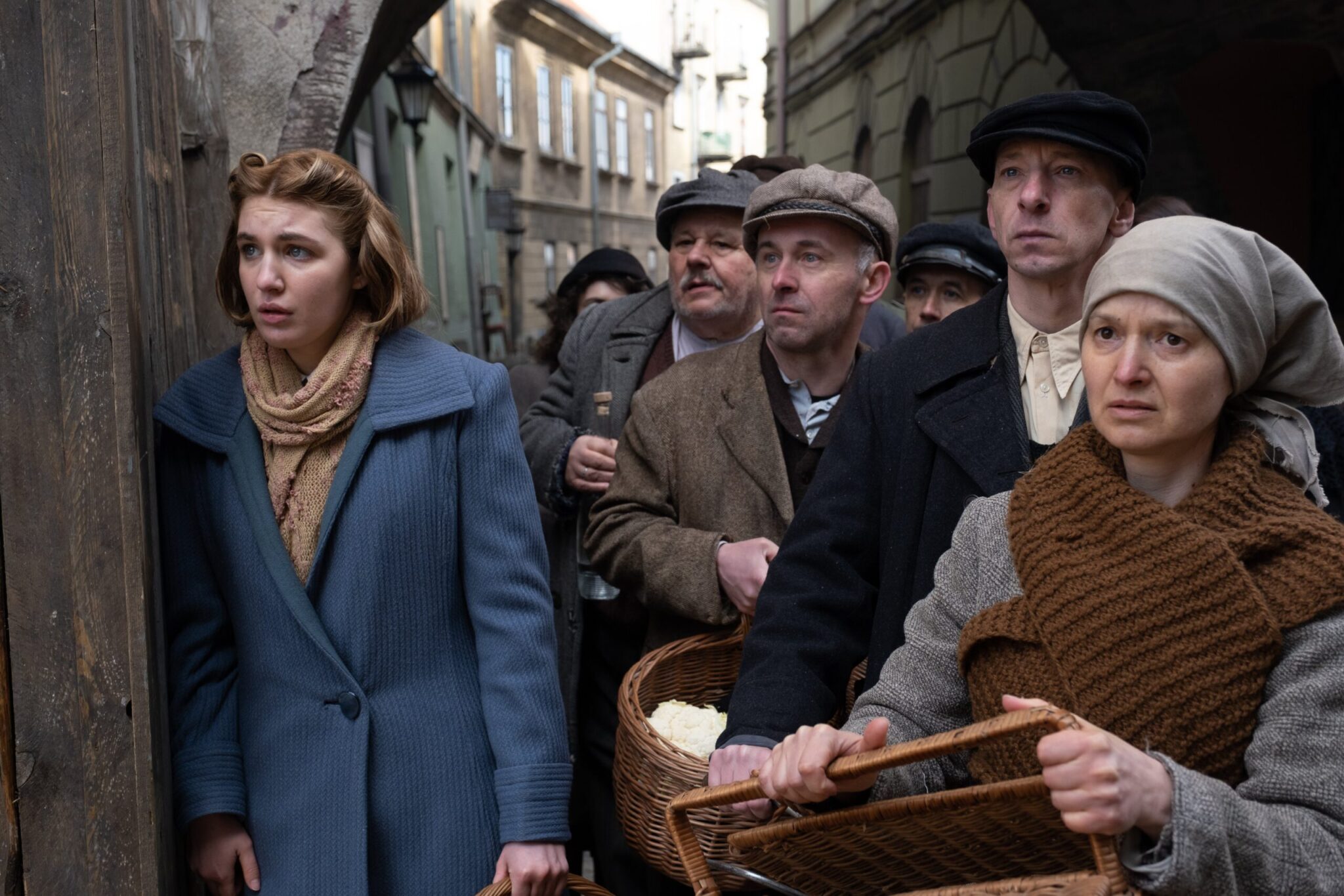?Our revenge will be to survive.?
The modern concept of genocide did not begin with the Holocaust; it started with the attempted extermination of the Armenians during the early years of World War I. The Promise tells the horrifying tale through the story of a love triangle (or perhaps quadrangle). It is a story of heroism, but also of flawed people who are face dire circumstances. They must not only seek to save themselves, but to try to save the identity of their community.
In 1914, at the dawn of World War I, Michael Boghosian (Oscar Isaac) leaves his village in Southern Turkey to study medicine in Constantinople. Turks and Armenians live and study side by side. Michael is staying with his well-to-do merchant uncle. There he meets the beautiful Ana (Charlotte Le Bon), who is from a village near his, but she has been traveling the world for many years. She is with an American journalist, Chris Myers (Christian Bale) who has come to cover the Ottoman Empire?s place within the war. Although Ana and Chris have a life together, there are certainly sparks between Ana and Michael. But Michael, too, has someone in his life. In his village awaits his fianc?e Maral (Angela Sarafyan), whose dowry he is using to study medicine.
When the Ottoman Empire allies itself with Germany, they begin trying to destroy the Christian Armenian population. Many are jailed and slaughtered. Whole villages are destroyed. Michael is arrested and used for slave labor, but in time escapes, returns to his village and marries Maral before going into hiding. Meanwhile Chris and Ana are trying to help an American pastor smuggle orphans out of the country. Later Chris runs afoul of the authorities, is imprisoned, and expelled from the country. The dynamics of the Michael/Ana/Chris relationship shift throughout the story.
The love story serves to humanize this story of an atrocity. The promises that are made between them (some spoken, others not) sustain them in difficult times. But sometimes those promises are not kept. And sometimes those promises are ripped away by the circumstances.
Even though the story is set over a century ago, it is extremely timely. There continue to be those who flee persecutions and genocides. Director Terry George has previously dealt with genocide as the writer and director of Hotel Rwanda. Many of the scenes in the current film ominously reflect what we have seen on the news the last few years: swimmers in the Mediterranean seeking to escape to freedom, piles of dead bodies?even a dead baby beside the water.
This film serves to teach us history (because the Armenian Genocide really gets little attention outside the Armenian community. (The US and UK have never officially recognized the genocide because Turkey is such a strategic ally. Turkey refuses to acknowledge it at all.) But it also speaks to events happening in the world today. European and American politics struggle to respond to the refugee crises, especially dealing with people from the Middle East?the same region that this film is set in. This film reminds us that saving others is a courageous act. It may not always be safe, but it demands to be done.
Photos courtesy of Open Road

